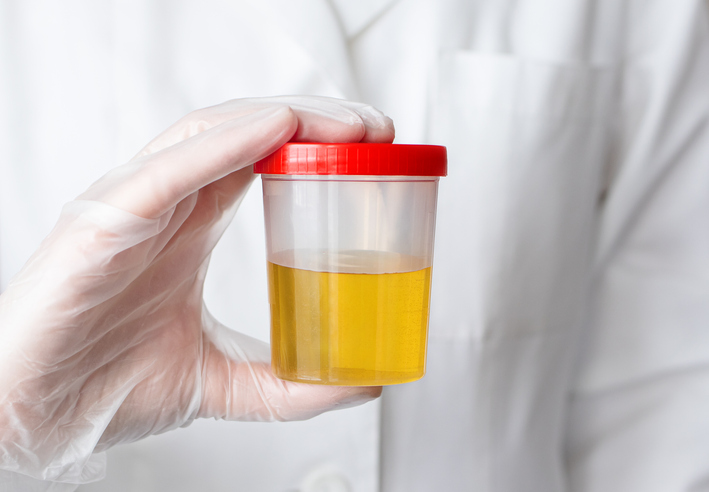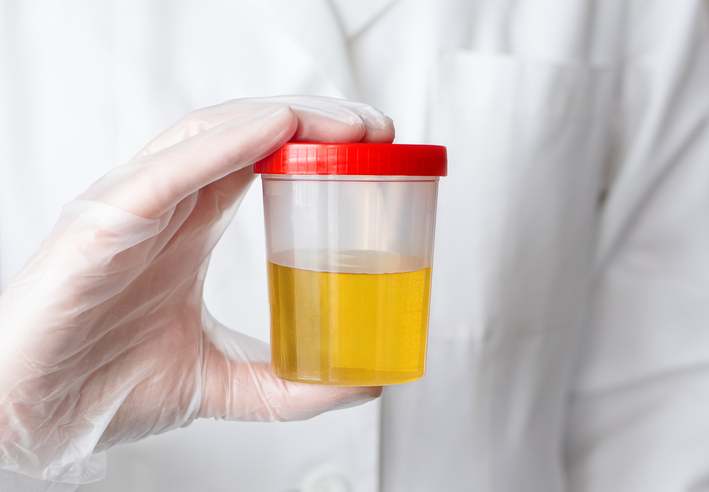As an aspiring medical lab technician, you can look forward to joining an exciting career in a medical laboratory setting, where you’ll get to work with a diverse group of peers within the healthcare field. You’ll work under the guidance of a medical lab technologist as you conduct routine laboratory tests, and much more. In this setting, it’s important to know what common lab tests you’ll be performing after you complete your proper training.
At Medix College, you’ll receive both the theoretical and practical training you need to become a medical lab technician. You’ll gain valuable information in the classroom as well as in a medical laboratory setting, which will help prepare you to conduct a variety of common medical laboratory tests with confidence when you launch your career. Continue reading to learn about some of these tests.
The Basic Metabolic Panel Test
A common laboratory test that you may be conducting when you start your career is a basic metabolic panel test. This test is thorough; as it measures a patient’s chloride, blood urea nitrogen and creatinine, sodium, glucose, calcium, and potassium. This helps determine the level of a patient’s blood sugar, kidney function, electrolyte, and fluid balance.
With your medical lab tech training, and under the guidance of a medical lab technologist, you’ll have the confidence to collect patient samples and carefully complete lab testing procedures. The results of these basic metabolic panel tests help doctors determine the effects of various medications that their patients are taking and help them determine a course of action.
Learning Urinalysis Tests for Medical Lab Tech Training
If you’re interested in taking medical lab tech courses, then you’ll get the chance to cover the topic of urinalysis and bodily fluids. Urinalysis testing is used for patients who are being admitted to the hospital, or who are in the process of having a pregnancy evaluation. It can also be used before a patient goes into surgery, or simply when they need a wellness health exam performed.
This testing requires the examination of a patient’s urine under a microscope to detect any signs of urinary tract infections or kidney disorders. The urinalysis test results help a doctor analyze the concentration of a patient’s urine, bacteria, and the pH (acidity) of the urine. It can also exhibit the amount of protein and sugar present in urine samples, as well as the number of white and red blood cells.

Complete Blood Count (CBC) Tests
It’s common for medical lab technicians to conduct many Complete Blood Count (CBC) tests during their careers. It’s a versatile test that can screen a patient for disorders and help doctors evaluate symptoms of fatigue, bruising, and weakness. It can also be used to diagnose severe illnesses like leukemia, malaria, and anemia.

A CBC test has many uses, but can be performed to measure blood chemistry, genetic numbers, and markers of inflammation by recording the types of cells found in the blood, which include white blood cells, red blood cells, and platelets. With the skilled training in these routine lab test procedures and sample analyses, you’ll be confident to progress your career as a medical lab technician.
Are you interested in attending medical laboratory technician school?
Contact Medix College today for more information!
